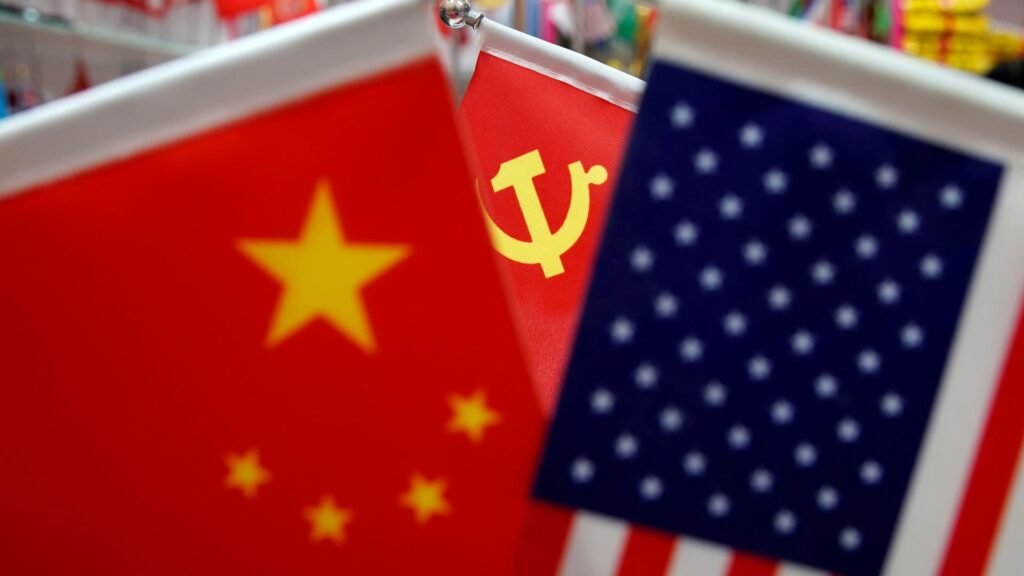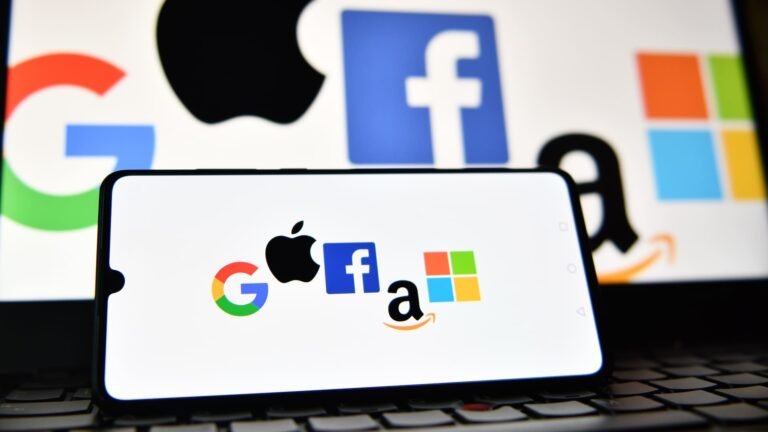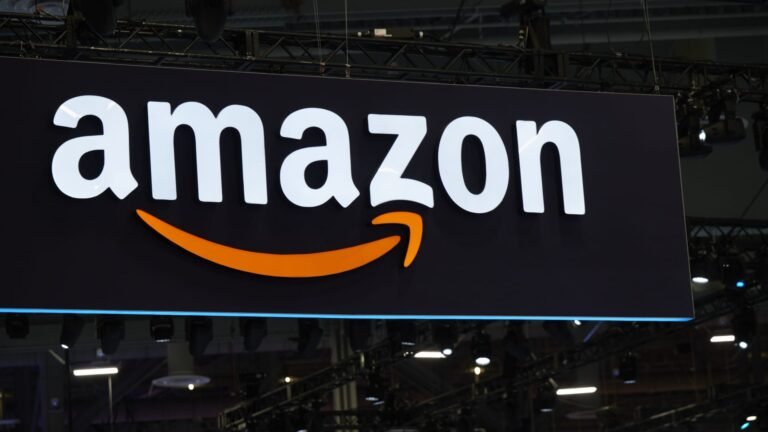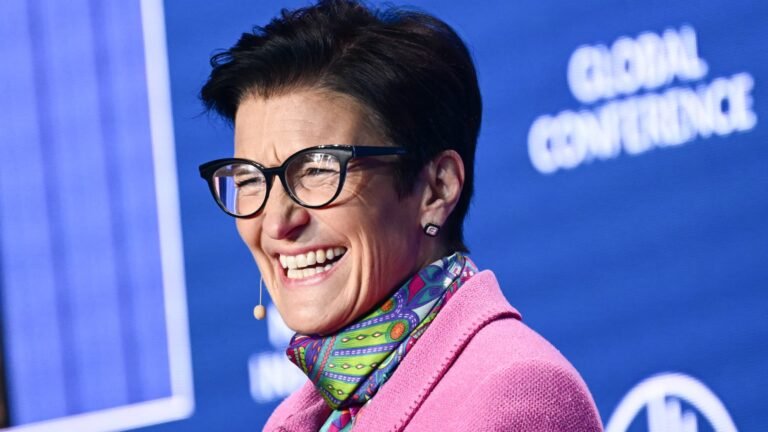
Chinese Vice Premier He Lifeng has engaged with several U.S. finance executives in recent weeks as Beijing aims to establish connections before President-elect Donald Trump’s proposed tariffs on China. He Lifeng, one of China’s four vice premiers, leads the Chinese Communist Party’s economic and finance committee.
He held meetings with BlackRock Chairman and CEO Larry Fink on Dec. 5, and Goldman Sachs President and COO John E. Waldron on Dec. 4, as reported by state media. This was preceded by a meeting with Citigroup CEO Jane Fraser on Nov. 21, according to state media sources.
Peter Alexander, founder of Z-Ben Advisors, noted, “The Chinese are seeking all possible avenues to access those now ascending to power in Washington. The Trump Team.” He added, “Back channeling is how China operates, even prefers, when building lines of communications.”
Goldman Sachs acknowledged the reports, while Citi confirmed the meeting, and BlackRock did not respond to a CNBC request for comment.
Trump’s Cabinet selections include at least 10 reported billionaires, with finance-focused individuals like hedge fund manager Scott Bessent for Treasury secretary and Cantor Fitzgerald CEO Howard Lutnick for Commerce secretary. Clark Packard, a research fellow at the Cato Institute, stated, “I do think the Wall Street folks that are coming into commerce and treasury will serve a moderating role on the trade protectionist side.”
Regarding market reactions, Packard mentioned, “Especially at Treasury they’re pretty worried about market reaction.” He added, “The one thing that can truly maybe scare Trump away from a really aggressive [policy] would be the market reaction.”
Chinese stocks rebounded after Beijing signaled a shift toward stimulus in late September. Chinese authorities reaffirmed this supportive stance in a recent high-level meeting. Beijing is maintaining flexibility by hosting Wall Street executives and implementing export controls on critical minerals, according to Zongyuan Zoe Liu, a senior fellow at the Council on Foreign Relations.
Liu cautioned that financial institutions may not have much influence on tariffs and U.S. tensions. She stated, “Business transactions and Wall Street executives, one way or another, they would not give up opportunities in any market as long as it fits into their profile.”
He Lifeng’s meetings with U.S. executives were seen as a signal of Beijing’s readiness to open up the financial sector and attract long-term foreign institutional investment. Foreign capital inflows are portrayed by Chinese state media as a show of support for the domestic market.
Additionally, He Lifeng met with Invesco President and CEO Andrew Schlossberg on Nov. 12, and HSBC Group Chairman Mark Tucker on Nov. 14, as reported by state media. HSBC had no further comments, while Invesco did not respond to a request for comment.
Winston Ma, an adjunct professor at NYU School of Law, highlighted the significance of the U.S.-China capital markets in the bilateral relationship over the past two decades. He stated, “When the cross-border finance relationship is constructive and cooperative, it could lead to MAP, i.e. mutual assured [prosperity]; otherwise it will be MAD, mutual assured destruction,” referencing a Cold War deterrence principle.




